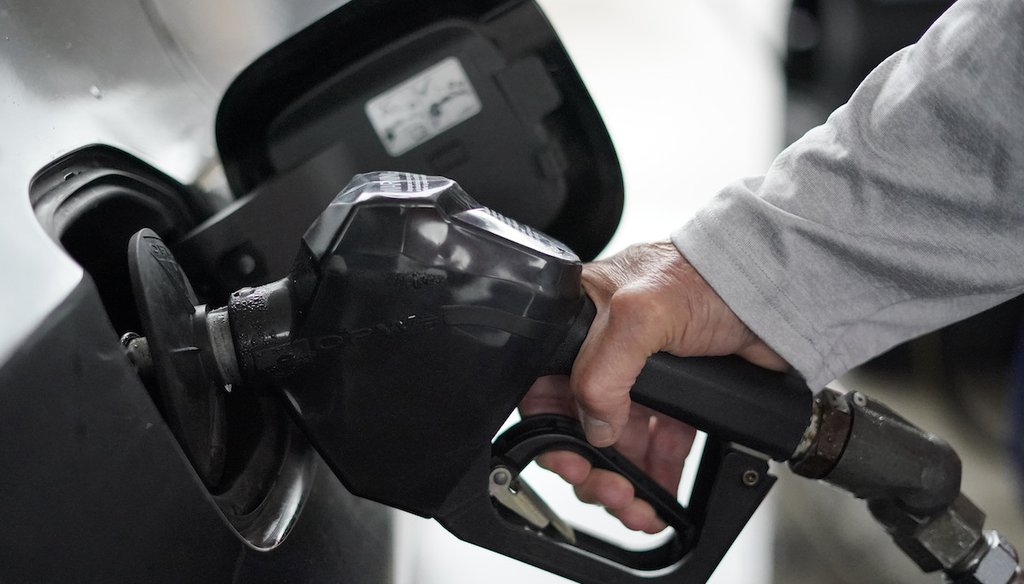US inflation is gradually decreasing due to lower gasoline prices

Prices in the US increased at an annual rate of 8.3% last month, remaining high even as petrol costs eased.
While the annual rate retreated from 8.5% in July, the cost of food, housing and medical care continued to climb, the Labor Department said.
Economists had hoped to see more widespread easing of the inflationary pressures.
Inflation remains a key issue for Americans, putting pressure on the White House and other policymakers.
“Americans have been telling us for months now that it’s the number one concern they have and rightly or wrongly they blame whoever’s running the country for that,” said Chris Jackson, senior vice president at the Ipsos polling firm.
Approval ratings for US President Joe Biden sank below 40% earlier this year, reflecting public concerns about the rising cost of living.
While they have started to recover in recent weeks as petrol prices have subsided, the issue remains “a huge problem” for the president and for the Democratic party more broadly, Mr Jackson said.
The next round of national elections, which will determine who has control of Congress, are looming in November.
For a president with approval ratings like Mr Biden’s to pick up seats in the mid terms would be unprecedented, Mr Jackson said.
Kenny Shorne is among the many Americans who feels weighed down by rising prices.
The 23-year-old, who supports himself with construction and photography jobs, lives in New Jersey with his family to try to keep expenses down. He also recently took a break from his master’s degree programme in communications, concerned about being able to afford it as other costs climb.
He says high petrol prices are among the items presenting a problem, despite the fact that they have come down in recent weeks.
“Inflation makes it hard for me to see a liveable future,” he says. “It really gets to me because I don’t know what the answer is.”
The latest report from the Labor Department showed the cost of groceries in the US jumped 11.4% in the 12 months to August, while housing costs climbed 6.2% and medical care rose 5.6%.
Energy costs – one of the big drivers of inflation – also remained far higher than a year ago, but they have dropped sharply in the past two months, falling more than 10% from July to August, the Labor Department said.
While economists remain concerned as the numbers show prices outside of energy rising, the headline number matters most in terms of shaping people’s perceptions, said Betsey Stevenson, professor of economics and public policy at the University of Michigan, who served in the White House under former president Barack Obama.
“It’s really good news that gas prices are coming down. it gives people a little bit more room in their budget, a little bit more breathing room and I think it also makes people feel a little bit better,” she said.
But she added: “I don’t think it speaks to being out of the woods”. She expects inflation to remain higher than the US central bank’s 2% inflation target even at the end of next year.

